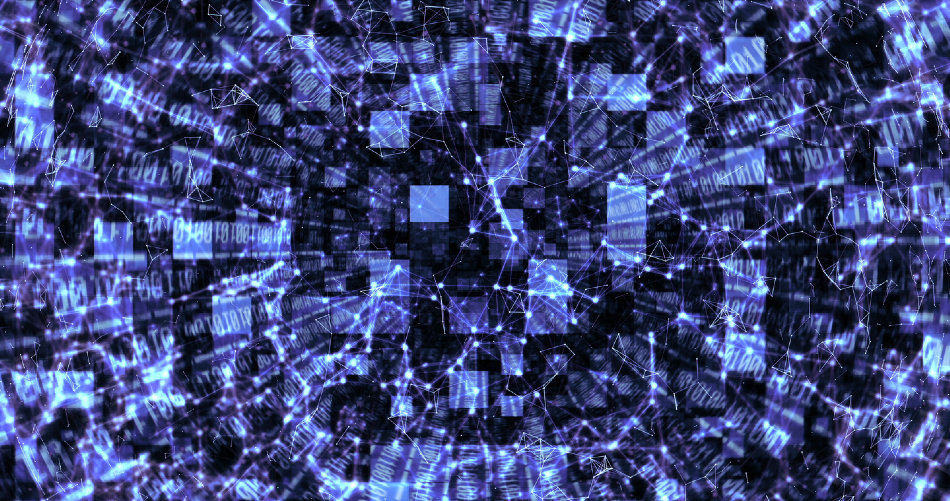Apr 16 2020
A new technique to accelerate quantum computing invented by an international research team could open the door to major advancements in computer processing power.
 Image Credit: University of Nottingham.
Image Credit: University of Nottingham.
At the University of Nottingham and Stockholm University (SU), researchers have expedited trapped-ion quantum computing with the help of a new experimental method—trapped Rydberg ions. The study outcomes have been reported in the Nature journal.
In traditional digital computers, logic gates include operational bits that are silicon-based electronic devices. Encoding of information is performed in two classical states (“0” and “1”) of a bit. This implies that a classical computer’s capacities increase linearly with the number of bits. Supercomputers or huge computing facilities are developed to handle emerging scientific and industrial problems.
Quantum Entanglement Enhancing Capacity
A quantum computer works based on quantum gates, or fundamental circuit operations on quantum bits (qubits) made of microscopic quantum particles such as molecules and atoms. In a quantum computer, a fundamentally new mechanism is the use of quantum entanglement, which can couple two or a group of qubits together in a way that their state no longer obeys classical physics.
A quantum computer’s capacity increases exponentially with the number of qubits. The efficient use of quantum entanglement considerably improves a quantum computer’s capacity to deal with difficult problems in areas such as materials, cryptography, and medicine sciences.
Of the various physical systems that can be employed to build a quantum computer, trapped ions have been at the forefront for several years. However, a key barrier in developing a large-scale trapped ion quantum computer is the deceleration of computing operations. The new study might offer a solution to this problem.
The experimental part of the study was performed by the group of Markus Hennrich at SU using giant Rydberg ions, which are 100,000,000 larger compared to regular ions or atoms. These large ions are highly interactive and can exchange quantum information within a microsecond.
The interaction between them leads to quantum entanglement. At SU, Chi Zhang and colleagues leveraged the entangling interaction to perform a quantum computing operation (an entangling gate) nearly 100 times faster compared to what is usual in trapped ion systems.
Usually quantum gates slow down in bigger systems. This isn’t the case for our quantum gate and Rydberg ion gates in general! Our gate might allow quantum computers to be scaled up to sizes where they are truly useful!
Chi Zhang, Stockholm University
Weibin Li (University of Nottingham, UK) and Igor Lesanovsky (University of Nottingham, UK, and the University of Tübingen, Germany) have performed theoretical calculations that support the experiment and detect error sources. Their theoretical study corroborated that a slowdown is not expected as the ion crystals turn larger, emphasizing the potential of a scalable quantum computer.
Our theoretical analysis shows that a trapped Rydberg ion quantum computer is not only fast, but also scalable, making large-scale quantum computation possible without worrying about environmental noise. The joint theoretical and experimental work demonstrate that quantum computation based on trapped Rydberg ions opens a new route to implement fast quantum gates and at the same time might overcome many obstacles found in other systems.
Weibin Li, Assistant Professor, School of Physics and Astronomy, University of Nottingham
At present, the researchers are striving to entangle huge numbers of ions and realize even faster quantum computing operations.